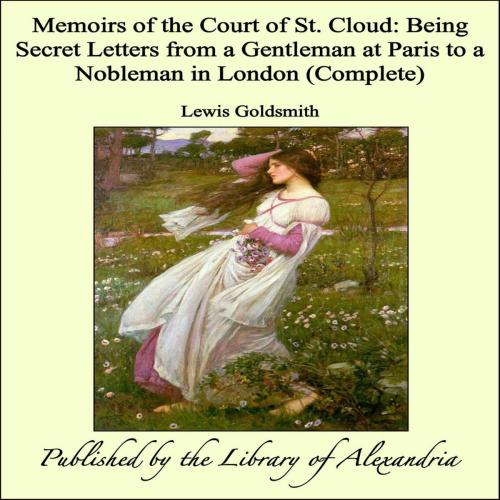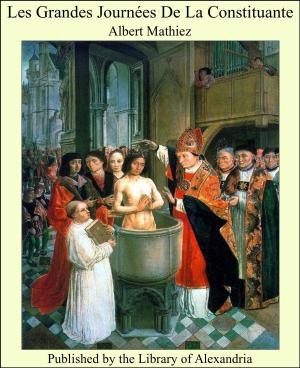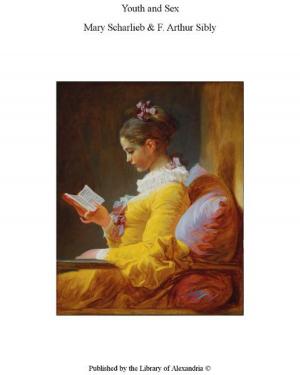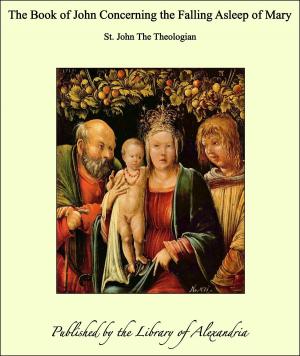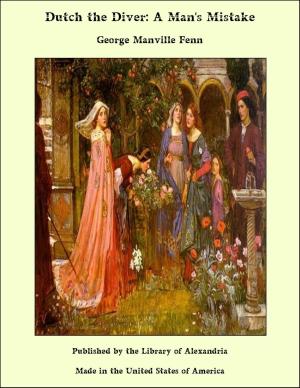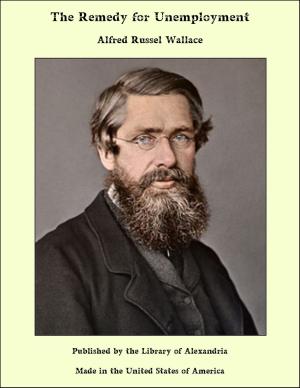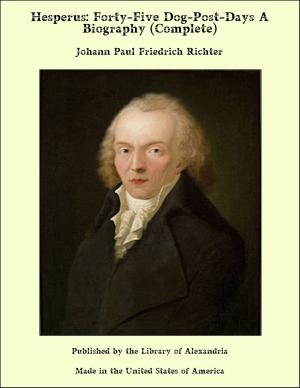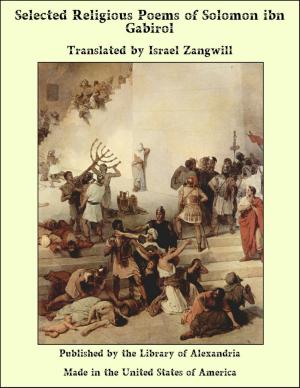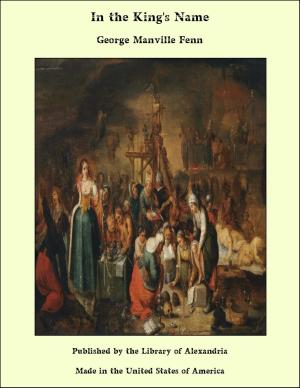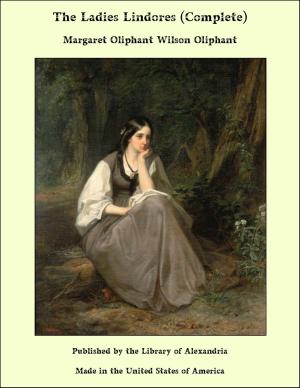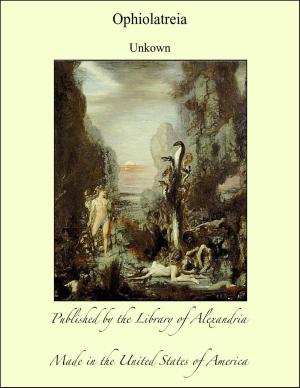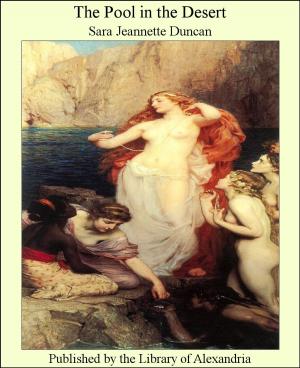Memoirs of the Court of St. Cloud: Being Secret Letters from a Gentleman at Paris to a Nobleman in London (Complete)
Nonfiction, Religion & Spirituality, New Age, History, Fiction & Literature| Author: | Lewis Goldsmith | ISBN: | 9781465541994 |
| Publisher: | Library of Alexandria | Publication: | July 29, 2009 |
| Imprint: | Library of Alexandria | Language: | English |
| Author: | Lewis Goldsmith |
| ISBN: | 9781465541994 |
| Publisher: | Library of Alexandria |
| Publication: | July 29, 2009 |
| Imprint: | Library of Alexandria |
| Language: | English |
THE COURT OF ST. CLOUD. INTRODUCTORY LETTER. PARIS, November 10th, 1805. MY LORD,—The Letters I have written to you were intended for the private entertainment of a liberal friend, and not for the general perusal of a severe public. Had I imagined that their contents would have penetrated beyond your closet or the circle of your intimate acquaintance, several of the narratives would have been extended, while others would have been compressed; the anecdotes would have been more numerous, and my own remarks fewer; some portraits would have been left out, others drawn, and all better finished. I should then have attempted more frequently to expose meanness to contempt, and treachery to abhorrence; should have lashed more severely incorrigible vice, and oftener held out to ridicule puerile vanity and outrageous ambition. In short, I should then have studied more to please than to instruct, by addressing myself seldomer to the reason than to the passions. I subscribe, nevertheless, to your observation, "that the late long war and short peace, with the enslaved state of the Press on the Continent, would occasion a chasm in the most interesting period of modern history, did not independent and judicious travellers or visitors abroad collect and forward to Great Britain (the last refuge of freedom) some materials which, though scanty and insufficient upon the whole, may, in part, rend the veil of destructive politics, and enable future ages to penetrate into mysteries which crime in power has interest to render impenetrable to the just reprobation of honour and of virtue." If, therefore, my humble labours can preserve loyal subjects from the seduction of traitors, or warn lawful sovereigns and civilized society of the alarming conspiracy against them, I shall not think either my time thrown away, or fear the dangers to which publicity might expose me were I only suspected here of being an Anglican author. Before the Letters are sent to the press I trust, however, to your discretion the removal of everything that might produce a discovery, or indicate the source from which you have derived your information
THE COURT OF ST. CLOUD. INTRODUCTORY LETTER. PARIS, November 10th, 1805. MY LORD,—The Letters I have written to you were intended for the private entertainment of a liberal friend, and not for the general perusal of a severe public. Had I imagined that their contents would have penetrated beyond your closet or the circle of your intimate acquaintance, several of the narratives would have been extended, while others would have been compressed; the anecdotes would have been more numerous, and my own remarks fewer; some portraits would have been left out, others drawn, and all better finished. I should then have attempted more frequently to expose meanness to contempt, and treachery to abhorrence; should have lashed more severely incorrigible vice, and oftener held out to ridicule puerile vanity and outrageous ambition. In short, I should then have studied more to please than to instruct, by addressing myself seldomer to the reason than to the passions. I subscribe, nevertheless, to your observation, "that the late long war and short peace, with the enslaved state of the Press on the Continent, would occasion a chasm in the most interesting period of modern history, did not independent and judicious travellers or visitors abroad collect and forward to Great Britain (the last refuge of freedom) some materials which, though scanty and insufficient upon the whole, may, in part, rend the veil of destructive politics, and enable future ages to penetrate into mysteries which crime in power has interest to render impenetrable to the just reprobation of honour and of virtue." If, therefore, my humble labours can preserve loyal subjects from the seduction of traitors, or warn lawful sovereigns and civilized society of the alarming conspiracy against them, I shall not think either my time thrown away, or fear the dangers to which publicity might expose me were I only suspected here of being an Anglican author. Before the Letters are sent to the press I trust, however, to your discretion the removal of everything that might produce a discovery, or indicate the source from which you have derived your information
